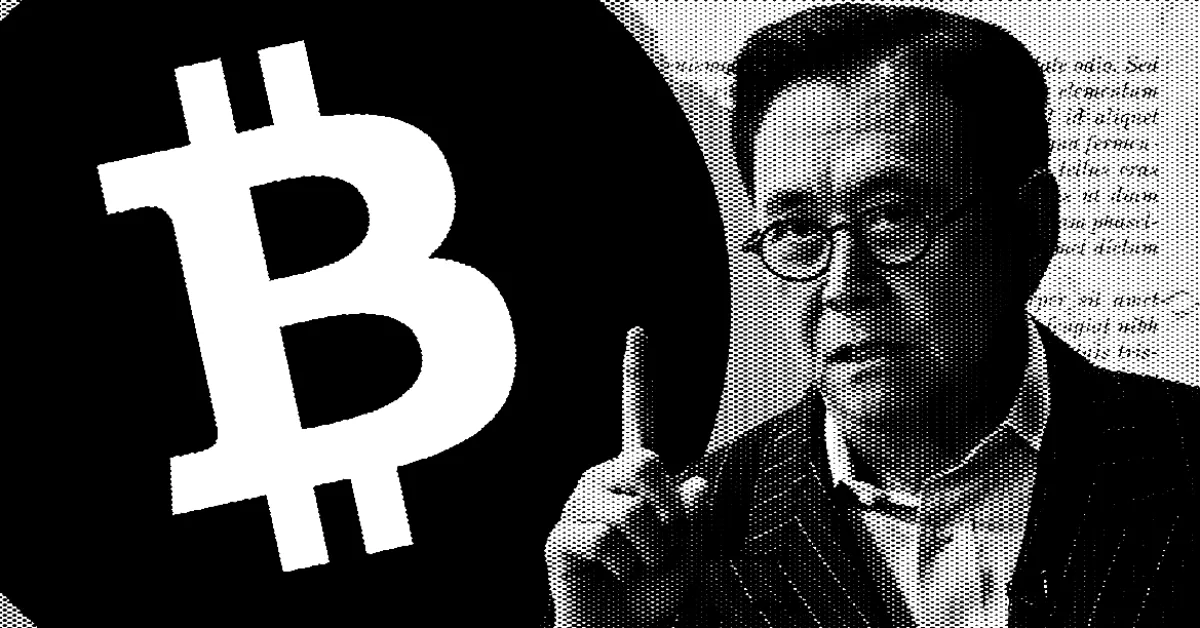Renowned entrepreneur and author Robert Kiyosaki, famed for his financial wisdom in “Rich Dad Poor Dad,” recently shared his intriguing perspective on what he would do if Bitcoin crashes shortly.
What is Bitcoin Crashes?
Kiyosaki, an avid supporter of cryptocurrencies, recently took to the social media platform X to respond to a question he commonly encounters: “What happens if Bitcoin crashes?”
Kiyosaki boldly stated, “I would be happy and would buy more, once the crashing stops.” His unconventional outlook is that market downturns are opportunities rather than setbacks. Kiyosaki sees a crash as a “sale,” emphasizing his “favourite four-letter word” – as an opportunity to capitalize on lower prices across various assets, including Bitcoin, gold, and silver.
That’s What Makes Kiyosaki Kiyosaki
Kiyosaki’s philosophy of capitalising on market crashes aligns with his timeless principles outlined in his famous book “Rich Dad Poor Dad,” where he has vocally advocated for a proactive and opportunistic approach to financial management. Rather than fearing market volatility, he advises embracing it, to look at downturns as opportunities to accumulate valuable assets.
Moreover, the author of ‘Rich Dad Poor Dad’ has openly, time and again, criticized the US Federal Reserve System in a number of tweets, accusing it of continuing economic inequality. Kiyosaki distrusts the Fed’s policies, which he believes benefit the wealthy elite.
Bitcoin is The Safe Haven
As of the latest market update, Bitcoin is currently trading at $51,074.56, experiencing a 0.29% change over the past 24 hours. With a market capitalization of $1.00 trillion, Bitcoin has exhibited a change of 20.92% this year.
Kiyosaki’s outlook on Bitcoin portrays it as a hedge against market volatility. Kiyosaki’s recent prediction of Bitcoin reaching $100,000 and his expectation of gold prices dropping below $1,200 show his confidence in Bitcoin as a hedge against market uncertainty.

